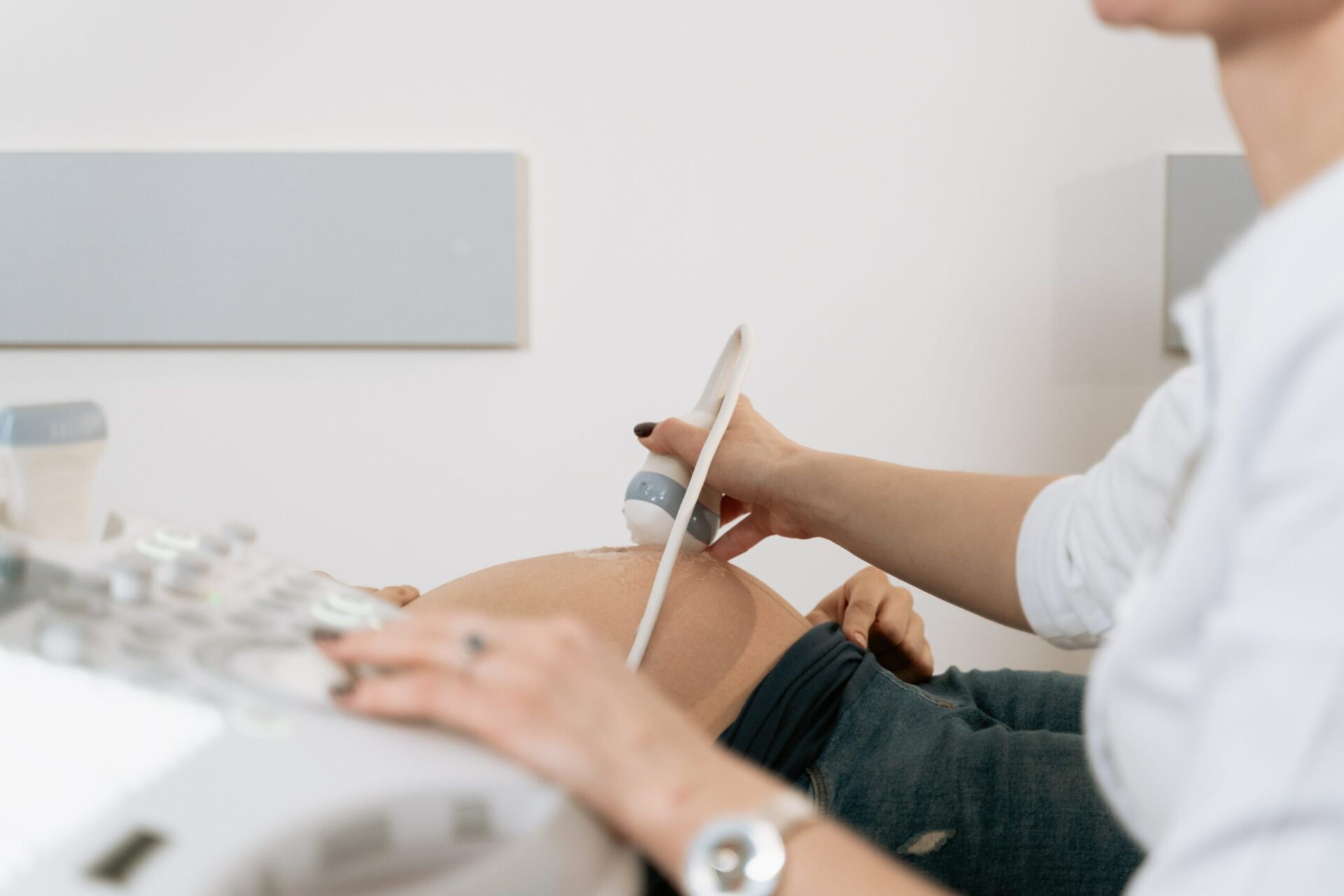Ultrasound technology has transformed medical diagnostics by providing a non-invasive, real-time look inside the body. Using high-frequency sound waves helps detect health issues early. In this blog, we’ll explore ten ways ultrasound services can diagnose problems early, leading to better patient outcomes and more efficient healthcare.
-
Early Pregnancy Detection and Monitoring
Ultrasound is widely known for its use in pregnancy. Early scans confirm pregnancy, check its location (to ensure it is not ectopic), and estimate gestational age. Regular ultrasounds monitor the foetus’s growth, detect congenital anomalies, and assess the placenta’s position. Early detection of issues like ectopic pregnancies or developmental abnormalities allows for timely intervention, which is crucial for the health of both mother and foetus. Advanced ultrasound techniques, such as 3D and 4D imaging, offer detailed views of foetal development, helping healthcare providers identify potential issues early.
-
Cardiovascular Health
Ultrasound plays a pivotal role in diagnosing cardiovascular conditions. Echocardiograms, a type of ultrasound specifically for the heart, can detect structural abnormalities, assess the function of heart valves, and evaluate the overall functioning of the heart muscle. Detecting issues like heart valve defects, cardiomyopathies, and early pericardial effusions can lead to more effective management and treatment of heart diseases, potentially preventing heart failure or other serious complications.
-
Detection of Soft Tissue Abnormalities
Ultrasound in Liverpool is excellent for imaging soft tissues, making it a valuable tool for detecting lumps, cysts, and tumours in various body parts. It helps differentiate between benign and malignant lesions, guiding further diagnostic steps and treatment planning. Early detection of soft tissue abnormalities can lead to early intervention, improving the likelihood of successful treatment outcomes.
-
Breast Cancer Screening
Breast ultrasounds are essential for early breast cancer detection, especially in women with dense breast tissue, where mammograms are less effective. They can differentiate between fluid-filled cysts and solid masses, guide biopsies, and provide detailed images for early diagnosis. Detecting breast abnormalities early significantly increases the chances of successful treatment.
-
Thyroid and Parathyroid Gland Evaluation
Ultrasound service is the primary method for evaluating thyroid nodules and disorders. It distinguishes between benign and malignant nodules, guides fine-needle aspiration biopsies, and monitors existing thyroid conditions. Early detection of thyroid issues can lead to more effective treatments and better outcomes. Advanced techniques like elastography provide information on tissue stiffness, helping characterise nodules and reducing unnecessary biopsies.
-
Vascular Health Assessment
Vascular ultrasounds, like carotid duplex scans, evaluate blood flow and detect blockages or abnormalities in arteries and veins. Early detection of conditions such as deep vein thrombosis (DVT), peripheral artery disease (PAD), and carotid artery stenosis can prevent serious complications like strokes, pulmonary embolisms, and limb amputations. Timely intervention based on ultrasound results can greatly reduce these risks.
-
Musculoskeletal Disorders
Musculoskeletal ultrasounds offer real-time images of muscles, tendons, ligaments, and joints, helping diagnose conditions like tendonitis, ligament tears, and arthritis. Early diagnosis allows for prompt treatment, preventing chronic pain and disability. Ultrasound also guides joint injections and other therapeutic procedures, improving treatment precision and effectiveness.
-
Paediatric Conditions
Ultrasound is a safe and effective imaging modality for children, used to diagnose a range of paediatric conditions. From congenital hip dysplasia in infants to appendicitis in older children, ultrasound provides crucial diagnostic information without the risks associated with ionising radiation. Early detection of paediatric conditions allows for timely treatment, preventing long-term complications and promoting healthy development.
-
Detection of Abdominal and Pelvic Disorders
Abdominal ultrasounds are invaluable in diagnosing conditions related to organs such as the liver, kidneys, pancreas, and bladder. They can reveal issues like gallstones, kidney stones, liver cirrhosis, and tumours. In the pelvic region, ultrasounds are used to diagnose conditions such as ovarian cysts, fibroids, and other gynaecological problems. Early detection of these issues often leads to less invasive treatments and better patient outcomes.
-
Guidance for Interventional Procedures
Ultrasound serves not only for diagnosis but also as a crucial guide for procedures like biopsies and injections. Its real-time imaging ensures accurate and effective interventions, lowering the risk of complications. Early and precise actions directed by ultrasound can be lifesaving. Furthermore, advanced systems now integrate ultrasound with other imaging methods like CT or MRI, offering enhanced procedure guidance and better patient outcomes.
Conclusion
The ability to visualise the inside of the body in real-time and in a non-invasive manner makes ultrasound an invaluable tool in modern medicine. Its applications span various medical fields, from obstetrics and cardiology to oncology and orthopaedics. By enabling early detection of health issues, ultrasound services not only improve patient outcomes but also enhance the efficiency of healthcare delivery. As technology advances, the scope and accuracy of ultrasound diagnostics will only continue to grow, further solidifying its role in early disease detection and management.


